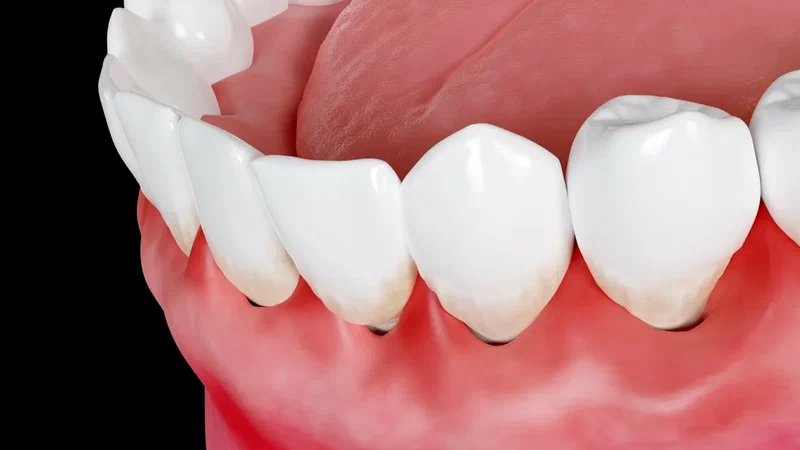


Learn easy aftercare tips for root canal recovery. Manage soreness, eat right, and heal faster with dentist-approved home care steps.
Getting a root canal done can feel like a relief and a hassle at the same time. On one hand, the sharp tooth pain finally stops. On the other, your mouth feels tender, and chewing becomes tricky for a while. That’s totally normal. Every dental treatment has a healing curve.
For many people, the first couple of days feel a little weird. Some even notice swollen gums after root canal treatment. It looks uncomfortable but usually isn’t dangerous. Your body is just working hard to repair itself. What you do during this time makes a big difference.The funny thing is, recovery doesn’t follow the same timeline for everyone. One friend might feel fine after two days. Another might need more than a week. That’s nothing to worry about. What matters is how you care for yourself in those in-between days.
So, how can you make the process smoother? Let’s talk about some easy, everyday steps that help you heal faster without stressing over it.
Don’t wait until discomfort becomes unbearable. Take the pain medicine your dentist suggests. Staying ahead of soreness helps you stay relaxed and comfortable.
Got swelling on your cheek? Place a cold compress or even a bag of frozen peas wrapped in a towel. Hold it there for ten minutes. This little hack can shrink swelling and ease pain.
Slight tenderness is nothing unusual. But if swelling grows bigger or pain starts spiking, that’s a red flag. Don’t ignore it—get your dentist on the phone.
Don’t torture yourself with crunchy chips or tough meat right away. Mashed potatoes, rice, oatmeal, yogurt, or smoothies are perfect. Soft food keeps pressure off your gums.
Avoid drinks that are ice cold or piping hot. Extreme temperatures can irritate sensitive teeth. Room-temperature meals are your safest bet.
Soft doesn’t have to mean boring. Eggs, bananas, fish, or avocados are soft but packed with vitamins. These nutrients help your body recover faster.
Don’t skip brushing. But use a gentle hand around the treated tooth. Soft bristles work best here.
Still floss, but don’t snap the string down hard. Glide it gently. This keeps bacteria away without irritating your gums.
Mix half a teaspoon of salt with warm water. Swish gently and spit. Do it two to three times daily. It calms sore gums without being harsh.
Healing works best when your body is resting. Go to bed early. Let your body recharge so tissues can repair.
Don’t rush back to lifting weights or running marathons. Physical stress slows healing. Keep it light until you’re fully comfortable.
Everyone wants to feel better instantly, but healing takes a little time. Expect a week or so before everything feels normal again.
Your dentist may not stop at the root canal. They often suggest extra treatments to protect the tooth long-term. This is where dental solutions make the difference. It could mean adding a crown, using a filling, or other minor steps.
These aren’t just “extras.” They’re safeguards. They keep your tooth strong and prevent more issues later. Following your dentist’s advice helps your healing now and saves you from future headaches.
Water is underrated. It keeps your mouth clean, flushes bacteria, and helps your body heal inside and out. Sip throughout the day.
Both are healing killers. Alcohol dries your mouth, and smoking weakens gum tissue. Pause these habits, at least until you’re fully healed.
Your diet fuels healing. Even soft meals should include protein and vitamins. Think smoothies with spinach, bananas, and yogurt. Nutritious and easy on the teeth.
A root canal doesn’t end in the chair. What you do afterward decides how well your mouth recovers. Poor care risks infection. Good aftercare makes recovery faster and easier.
Think of it this way: a few days of mindful care can prevent weeks of problems later. That’s a trade worth making.
It’s easy to overthink every little feeling in your mouth. Here’s the reality:
Once you know the difference, you stop stressing over harmless symptoms. You’ll only focus on real warning signs.
The first week is about comfort. After that, focus on building strong, long-term habits. Brush twice daily. Floss every day. Don’t skip follow-ups. If your dentist recommends a crown, get it.These habits aren’t only for recovery. They protect your smile for years. A root canal doesn’t mean ongoing problems. With proper care, your tooth can last a lifetime.
Root canal recovery doesn’t have to be scary. It’s all about balance. Rest, soft foods, good hygiene, and patience. Pay attention to warning signs but don’t overthink the little stuff.With simple care, healing goes smoother than most people expect. And before long, you’ll be back to eating, smiling, and living without worry. A little effort now leads to a healthier, stronger smile later.
